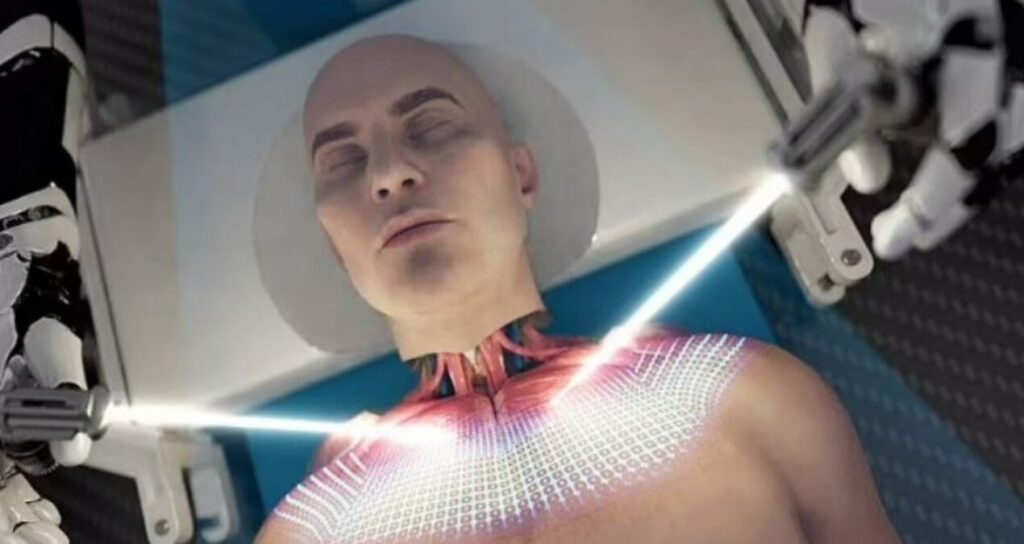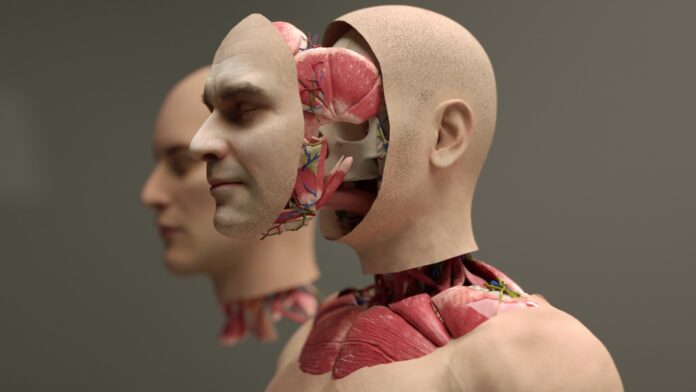While it may sound like a low-budget sci-fi movie, BrainBridge, an innovative startup, claims that head transplants performed by robots could become a reality within just ten years. The world’s first head transplant system has been introduced by BrainBridge, a neuro and biomedical engineering venture. They recently unveiled an astonishing concept that aims to transplant a head onto a donor body. This futuristic system is intended for use in untreatable conditions such as stage 4 cancer, stroke, Alzheimer’s, and Parkinson’s disease.
Is Head Transplant Really Happening?
BrainBridge, a neuroscience and biomedical engineering startup, has announced a revolutionary concept for a robotic head transplant system. This ambitious project aims to provide new life to patients suffering from terminal and neurodegenerative diseases by transferring their heads to healthy donor bodies. The company also plans to perform face transplants. The procedure involves advanced robotics, artificial intelligence, and real-time molecular-level imaging to ensure the precise reconnection of vital structures.
Although still in the “conceptual stage,” BrainBridge is actively seeking the best talent in the field to overcome current challenges such as spinal cord repair and push the boundaries of medical science. The company aims to develop a fully au

The Person Behind the Initiative Raises Concerns
While everything seems promising so far, things take an interesting turn when we learn that the person behind BrainBridge is Hashem Al-Ghaili. A few years ago, Hashem made headlines with the EctoLife initiative, which featured a dystopian artificial womb concept. That too was a “conceptual” work. Additionally, Hashem is known more as a “producer, filmmaker, and science communicator.” He even told Reuters that “the EctoLife facility is not real, there is no such company, and the work was done as a concept.” While this doesn’t necessarily mean the same will happen with BrainBridge, credibility is crucial in medicine.
What About Ethics?
Leaving BrainBridge aside, the possibility of head transplants brings up complex ethical questions and concerns. BrainBridge emphasizes that its approach is based on rigorous scientific research and adheres to the highest ethical standards. The company is committed to engaging in open dialogue with the scientific community, policymakers, and the public to address these significant issues.
While the concept of a head transplant might seem like low-budget science fiction, it represents a significant step forward in the field of neuroscience. The potential benefits for individuals facing life-threatening conditions are undeniable.
However, the concept of head transplants is not new. This method has fascinated scientists for centuries, with the first recorded head transplant attempt dating back to 1908 on a dog, which ended in failure.

In the 1970s, Dr. Robert White achieved a significant milestone by performing a head transplant on a rhesus monkey. The monkey survived for eight days and retained sensory functions but could not move its new body due to the inability to reconnect the spinal cord. More recently, controversial neurosurgeon Sergio Canavero claimed to have successfully performed a human head transplant, though both the donor and recipient were deceased. This claim sparked debates and raised questions about the ethical implications of such procedures.
What are your thoughts on this controversial topic? Feel free to share your opinions in the comments section below.

